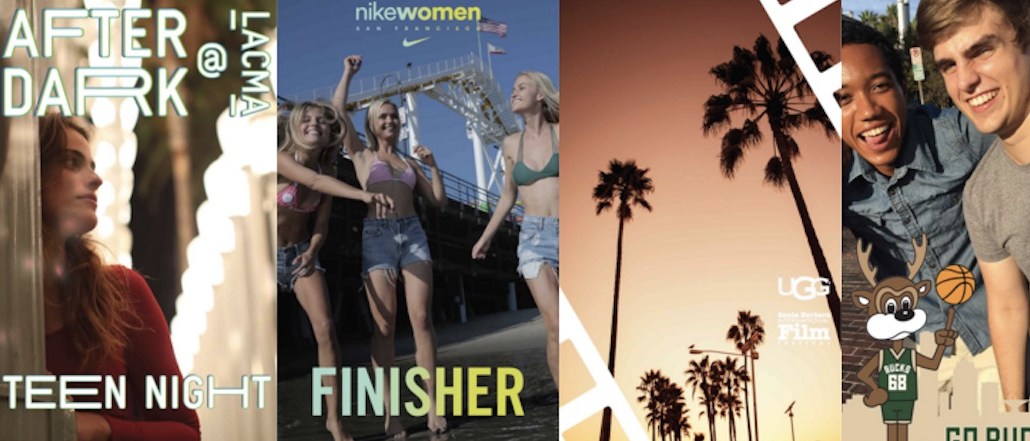Secure your place at the Digiday Media Buying Summit in Nashville, March 2-4

Snapchat is still a lawless zone when it comes to branded content, and publishers are trying to figure out the rules as they go.
The messaging and media app has no formal branded content program, and enforces rules arbitrarily about what is and isn’t permitted, according to advertisers and publishers. Even on Discover, the official publishing hub for select media partners, there is some confusion about what will make it past Snapchat’s censors, who look out for overly promotional content.
“There doesn’t seem to be consistent guidelines about what can and can’t go into Discover. And what Snapchat considers branded or editorial content, it comes off as very subjective,” said a Snapchat advertiser, who has run into difficulties.
The advertiser had tried to negotiate with Discover publishers to post stories that featured its brands, but publishers feared Snapchat’s disapproval. Meanwhile, there are times when content appears in Discover, and it’s not an ad but it clearly promotes a brand, like video games and movies.
Some advertisers and publishers feel like the rules only apply to uncool brands, while brands the Snapchat team likes get a pass, the source said. One advertiser complained about how “Star Wars” seemed to get non-stop unpaid coverage, while other brands probably couldn’t get away with the same.
“It hits the entertainment space as much as anything. If there’s a photo with Jennifer Lawrence or an interview with her that mentions a movie, it’s a fine line, and some publishers will do it and some won’t,” the source said.
A number of publishers described a similar experience, where they want to post content that mentions brands or has a sponsor, but they run into Snapchat’s random rules that allow some to pass and not others.
Outside of Discover, brands and publishers run personal channels, where paid content is technically not even allowed. That doesn’t stop big stars like Kendall Jenner, who has promoted brands like Fendi, or even personalities with more niche appeal like Sean McBride, known as Shonduras, from profiting off their Snapchat followings.
Snapchat is the fastest growing social platform, according to an eMarketer report out yesterday, and it has more than 150 million daily users viewing more than 10 billion videos a day.
The publishers and creators are trying to work with the ad world to monetize all this activity like they have done on YouTube, where branded content is ubiquitous. Facebook recently updated its branded content policies so creators could theoretically make money off every video they post there.
There is still a sense of purity on Snapchat with its lack of commercialization, according to Julia Engel, of Gal Meets Glam, a fashion, commerce and lifestyle blog. Advertisers have approached her, but she hasn’t taken them up on the offers yet.
“I feel like Snapchat is the one platform people really trust because it hasn’t been overflowing with sponsored content and we really want to keep it that way,” Engel said.
Madison Avenue is eager to test the line dividing organic and sponsored content. Some agencies are working to get Snapchat influencers into their employ to help promote brands. For instance, Taco Bell used Snapchat influencers to promote its “quesalupa” around the Super Bowl.
“Agencies and advertisers are co-creating Snapchat content with publishers to either leverage their Snapchat universe or ensure they have ‘breakthrough’ branded content,” said Scott Symonds, managing director of media at AKQA. “It can work for some better known products with established interest, and particularly for product launches for those well-known brands.”
While the platform is still so nascent, publishers like Complex say they can’t offer advertisers a formal Snapchat campaign using their personal account.
“We’re still figuring out the best way to work branded content in and if advertisers are interested, it would be supplemental to a bigger campaign,” said Julia Rodack, director of branded content at Complex. “For now, it could just be added value.”
More in Media

Digiday+ Research: Dow Jones, Business Insider and other publishers on AI-driven search
This report explores how publishers are navigating search as AI reshapes how people access information and how publishers monetize content.

In Graphic Detail: AI licensing deals, protection measures aren’t slowing web scraping
AI bots are increasingly mining publisher content, with new data showing publishers are losing the traffic battle even as demand grows.

In Graphic Detail: The scale of the challenge facing publishers, politicians eager to damage Google’s adland dominance
Last year was a blowout ad revenue year for Google, despite challenges from several quarters.





